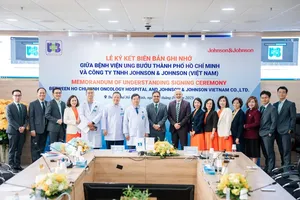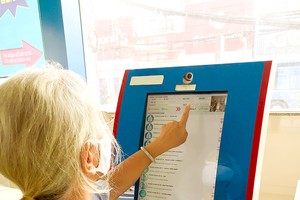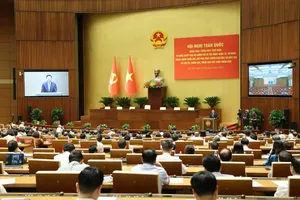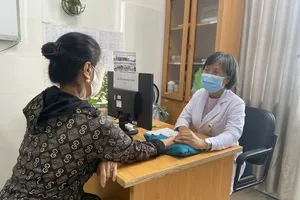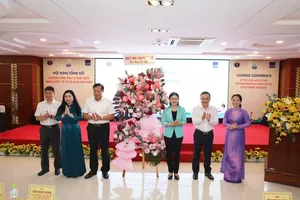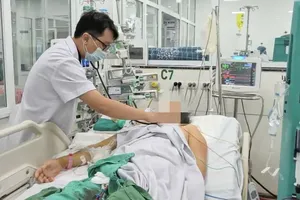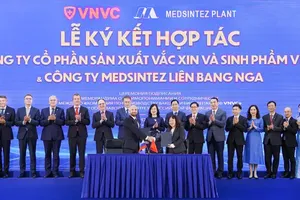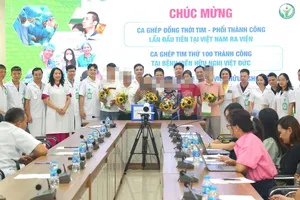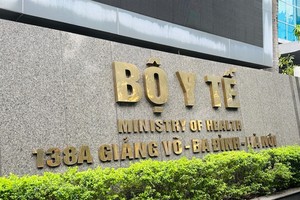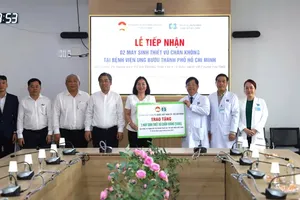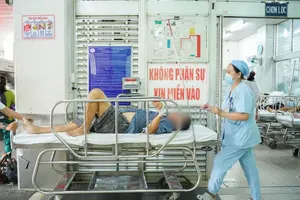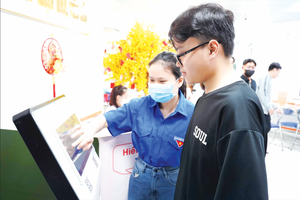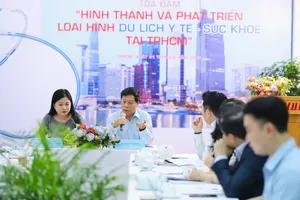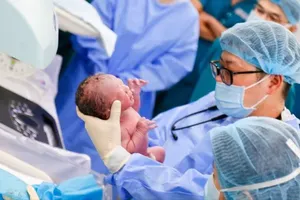
The leader of the Blood Transfusion and Hematology Hospital in Ho Chi Minh City revealed that the hospital had just coordinated with Taiwanese experts to successfully treat a case of high-risk B-lymphoblastic leukemia in a 12-year-old patient with CAR-T cell therapy - the first case in Vietnam to apply this method.
This groundbreaking therapy involves extracting the patient’s T cells, genetically engineering them to recognize and target cancer cells, and then reinfusing them into the patient. Considered the most advanced form of cellular therapy, this procedure marks the first time it has been successfully performed in Vietnam.
The patient's complex medical history includes a diagnosis of high-risk acute B-cell lymphoblastic leukemia. Following an initial relapse after chemotherapy, she underwent a haploidentical bone marrow transplant from her father, only to experience a second relapse. She was subsequently enrolled as the first patient in Vietnam to receive CAR-T cell therapy.
For the treatment, the patient's T cells were harvested and sent to a specialized laboratory. There, technicians modified the cells to express a chimeric antigen receptor (CAR) protein on their surface, enabling the modified cells to specifically identify and attack malignant cells. The manufactured CAR-T cells were then returned to the patient for infusion. The treatment has proven highly effective; the patient remains in good health more than a year later, leading a normal life while continuing follow-up and maintenance therapy.
The initial CAR-T cell infusion was performed in Taiwan due to lower costs compared to other regional countries and strong professional collaboration. Despite this, the treatment remains exceptionally expensive, estimated at several billion Vietnamese dong (tens of thousands of US dollars).
Dr. Dung stated that the hospital is now actively preparing its infrastructure, training medical staff including doctors, nurses, and certified technicians and collaborating with international experts to establish domestic CAR-T cell production. The objective is to master the technology and significantly lower treatment costs. Domestic production is projected to reduce the cost per case by approximately 20 times, to less than VND500 million (under US$18,964).
He also noted that the hospital is currently conducting a city-level research project with plans to expand it to a national-level initiative to further develop this technology. The potential for effective local CAR-T cell production is considered highly promising, based on research findings from Japan.
CAR T-cell therapy is an immunotherapy for certain blood cancers, like lymphomas and leukemias, that genetically engineers a patient's own T-cells to recognize and destroy cancer cells.
